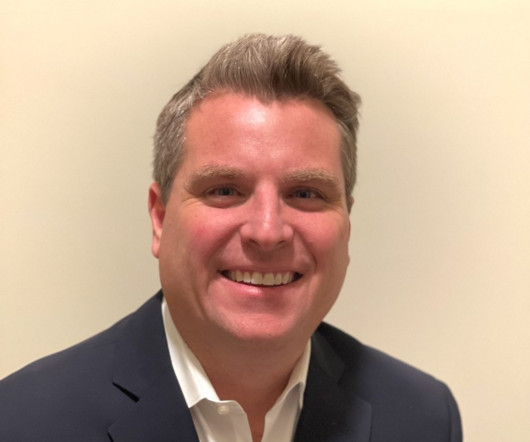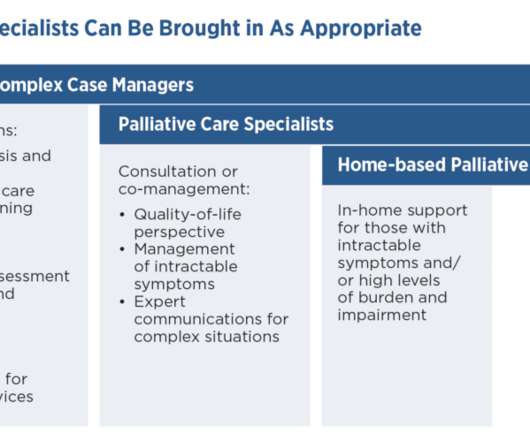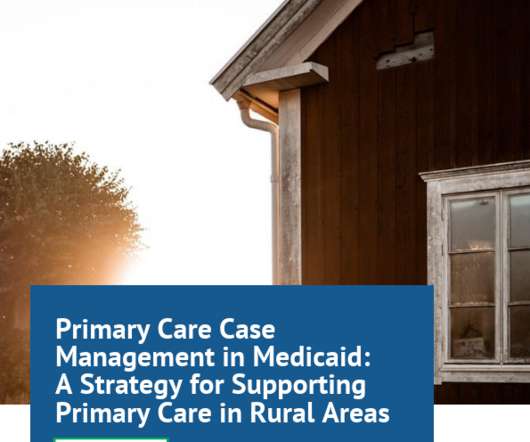How Emergency Departments Can Drive Better Outpatient Care for Atrial Fibrillation and Stroke
HIT Consultant
AUGUST 29, 2023
JR Finkelmeier, Business Leader, ECG Solutions at Philips Today’s hospital emergency departments (EDs) face formidable challenges as they strive to deliver high-quality care to more and more patients. Without changes to care delivery, they could even diminish the quality of care. healthcare system.”












Let's personalize your content